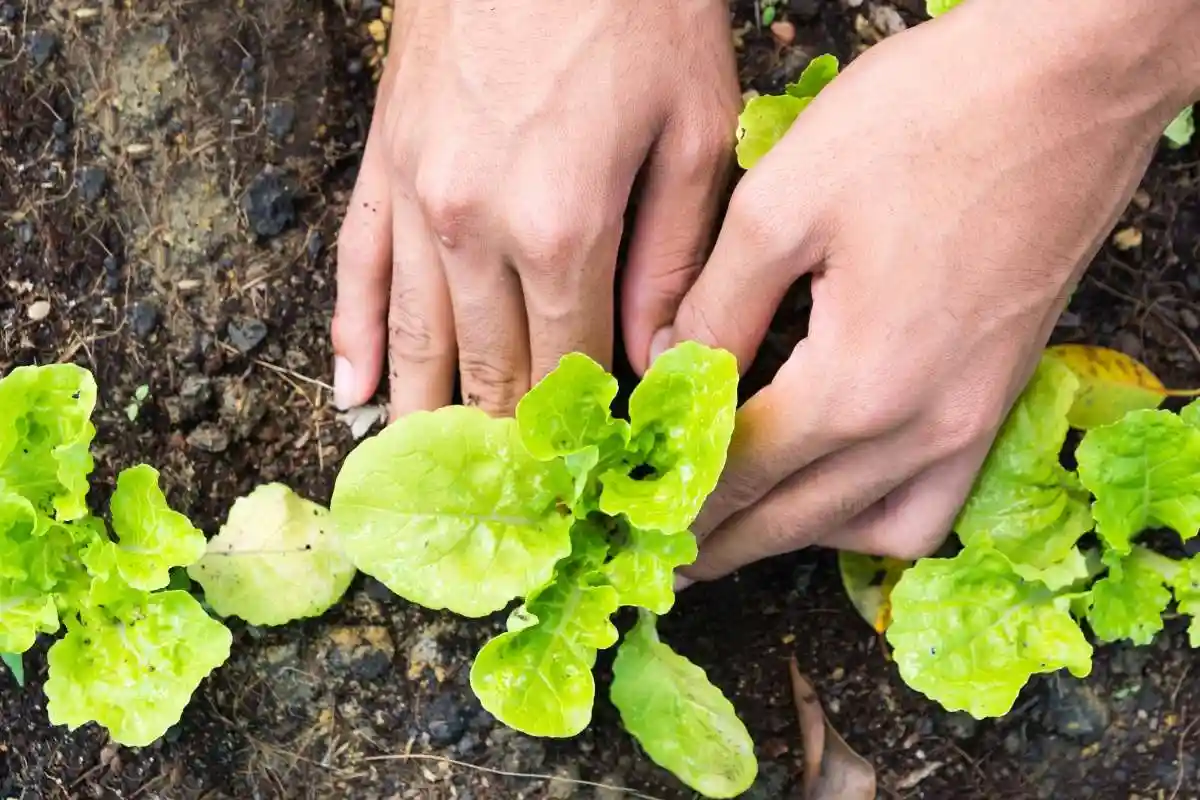
Understanding the importance of local agriculture and community gardening goes beyond simply growing food. It’s about reclaiming self-sufficiency, addressing inequalities in food access, and fostering community connections in urban environments. With the world facing challenges like food deserts, industrialized farming impacts, and environmental degradation, this course explores how communities can take charge of their food systems. By doing so, they contribute to healthier lives, more sustainable practices, and stronger, more resilient neighborhoods.
This course will guide you through the key principles of urban farming and community-led initiatives. You'll learn about the historical context of agriculture in urban areas, the role of food in shaping communities, and the environmental and cultural benefits of growing locally. Additionally, you'll explore practical techniques for starting small-scale agricultural projects, the value of community co-ops, and how to leverage these for social empowerment. By the end of this course, you’ll understand not just how to grow food, but why it matters and how it can transform lives.
To gain the most from this course, engage fully with the video content by focusing on the underlying themes and practical examples presented. After watching, reflect on how the concepts apply to your community or personal situation. Be sure to take notes, as they will help you prepare for the short quiz that follows. This quiz will test your understanding of the key ideas, ensuring you’re ready to carry the knowledge into actionable steps. Use this as an opportunity to think critically and consider how you can contribute to creating greener, more sustainable communities.
Click the button to take the quiz and get your credit.